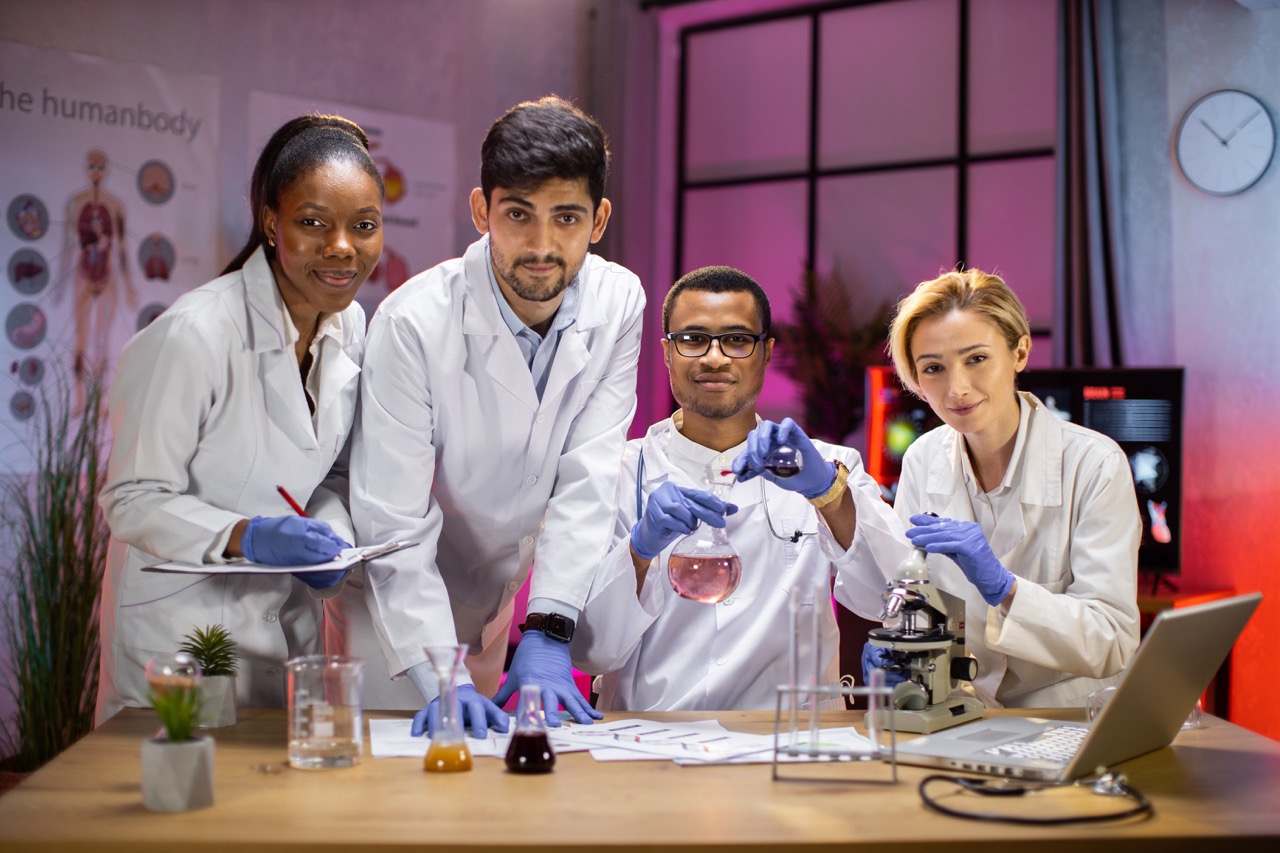The landscape of cancer treatment has undergone significant transformations in recent years, driven by innovative research and the pursuit of precision medicine. Among the pioneers in this field is Carolyn Bertozzi, whose groundbreaking work in glycobiology and bioorthogonal chemistry has paved the way for targeted therapies that offer new hope to patients with various forms of cancer. This article explores the foundational breakthroughs in glycobiology, Bertozzi’s innovative methodologies, the emerging paradigms in cancer therapies, and the promising future of personalized medicine.
The Breakthroughs in Glycobiology: A Foundation for Cancer Research
Glycobiology, the study of carbohydrates and their roles in biological processes, has emerged as a crucial area of research for understanding cancer. Carbohydrates, or glycans, play pivotal roles in cell signaling, immune responses, and tumor progression. Changes in glycosylation patterns—the addition of sugar molecules to proteins and lipids—are often associated with cancerous transformations. By elucidating these alterations, researchers have gained insights into the mechanisms of tumor growth and metastasis, laying the groundwork for targeted interventions.
Carolyn Bertozzi’s research has significantly advanced the field of glycobiology by identifying the specific glycan structures that are upregulated in cancer cells. Her investigations have shown that certain cancer types exhibit unique glycosylation signatures, which can serve as biomarkers for diagnosis and prognosis. This understanding not only sheds light on cancer biology but also reveals potential targets for therapeutic intervention, opening avenues for treatments that are more effective and less toxic than conventional chemotherapy.
The knowledge gained from glycobiology, particularly in the context of how cancer cells manipulate glycan structures to evade immune detection and promote growth, provides a critical foundation for the development of novel cancer therapies. By targeting these glycan modifications, researchers can disrupt the tumor microenvironment and re-sensitize cancer cells to immune attacks. As the field continues to evolve, the application of glycobiology in cancer research promises to enhance our understanding and approach to this complex disease.
Carolyn Bertozzi’s Innovative Use of Bioorthogonal Chemistry
Carolyn Bertozzi is renowned for her development of bioorthogonal chemistry, a revolutionary technique that allows scientists to manipulate biological molecules without interfering with native biochemical processes. This approach is particularly useful in cancer research, where precise targeting of specific cellular components is essential for effective treatment. Bertozzi’s innovations enable researchers to attach bioorthogonal labels to glycan structures, facilitating the visualization and tracking of cellular interactions in real time.
The ability to selectively target cancer cells using bioorthogonal chemistry has significant implications for therapeutic development. By attaching cytotoxic agents or imaging probes to glycan structures that are overexpressed in tumor cells, Bertozzi’s lab has created a platform for developing highly targeted cancer therapies. This strategy not only enhances the efficacy of treatment but also minimizes damage to healthy tissues, thereby reducing the side effects commonly associated with traditional cancer therapies.
Bertozzi’s pioneering work exemplifies the intersection of chemistry and biology, providing a powerful toolkit for scientists to explore new avenues in cancer therapy. As the applications of bioorthogonal chemistry expand, they hold promise for revolutionizing how we approach cancer treatment, allowing for more effective interventions that align with the principles of precision medicine.
Targeted Cancer Therapies: Transforming Treatment Paradigms
The advent of targeted cancer therapies represents a paradigm shift in oncology. Unlike conventional treatments that often work on a one-size-fits-all basis, targeted therapies are designed to hone in on specific molecular alterations within cancer cells. This targeted approach not only enhances the efficacy of treatment but also improves patient outcomes by sparing healthy tissues from the detrimental effects of chemotherapy and radiation.
Carolyn Bertozzi’s work in bioorthogonal chemistry and glycobiology has played a pivotal role in the development of these targeted therapies. By identifying glycan alterations unique to cancer cells, her research has informed the design of drugs that selectively bind to these modified structures. This specificity allows for the delivery of therapeutic agents directly to the tumor, maximizing their impact while minimizing systemic side effects.
As the field of targeted therapies continues to evolve, the integration of Bertozzi’s innovations is poised to transform treatment paradigms further. By combining targeted therapies with other treatment modalities, such as immunotherapy and combination therapies, researchers can develop more comprehensive, effective treatment regimens that enhance survival rates and improve the quality of life for cancer patients.
Future Implications: Advancements in Personalized Medicine
The future of cancer treatment is increasingly leaning towards personalized medicine, which tailors therapies to individual patients based on their unique genetic and molecular profiles. Carolyn Bertozzi’s contributions to glycobiology and bioorthogonal chemistry are at the forefront of this movement, offering new strategies for identifying and targeting cancer-specific biomarkers. As these technologies continue to advance, the potential for developing personalized therapies that cater to the distinct characteristics of each patient’s tumor grows exponentially.
The integration of personalized medicine into oncology holds great promise for improving patient outcomes. By leveraging biomarker-driven strategies, clinicians can make informed decisions about treatment options that are most likely to be effective for a specific patient. Bertozzi’s work, which focuses on glycan-based biomarkers, is a powerful example of how targeted approaches can revolutionize the development of individualized therapies.
Looking ahead, the advancements in personalized medicine driven by research in glycobiology and bioorthogonal chemistry have the potential to reshape oncology as we know it. The ability to tailor treatments based on precise molecular understanding can lead to more effective and less toxic cancer therapies, ultimately improving survival rates and quality of life for patients around the world.
In conclusion, Carolyn Bertozzi’s innovative contributions to glycobiology and bioorthogonal chemistry have significantly advanced the field of cancer research and treatment. By illuminating the roles of glycans in cancer cell behavior and developing techniques for precise targeting, her work has laid the foundation for a new era of targeted cancer therapies. As the landscape of personalized medicine continues to evolve, the implications of her research are poised to shape the future of oncology, offering new hope for patients facing this formidable disease. The journey toward more effective, personalized cancer treatments is not only a testament to scientific ingenuity but also a beacon of hope for the millions affected by cancer globally.










